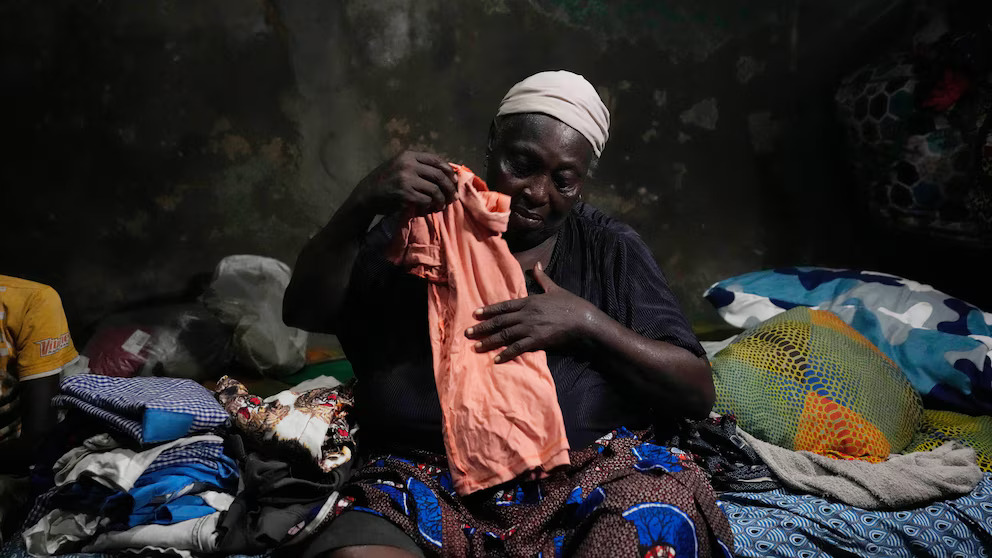Climate change is bringing malaria to new areas. In Africa, it never left. When cases of locally transmitted malaria were found in the United States last year, it was a reminder that climate change is reviving or migrating the threat of some diseases.
When a small number of cases of locally transmitted malaria were found in the United States last year, it was a reminder that climate change is reviving or migrating the threat of some diseases. But across the African continent malaria has never left, killing or sickening millions of people.
Take Funmilayo Kotun, a 66-year-old resident of Makoko, an informal neighborhood in Nigeria’s Lagos city. Its ponds of dirty water provide favorable breeding conditions for malaria-spreading mosquitoes. Kotun can’t afford insecticide-treated bed nets that cost between $7 and $21 each, much less antimalarial medications or treatment.
For World Malaria Day on Thursday, here is what you need to know about the situation in Africa:
The malaria parasite mostly spreads to people via infected mosquitoes and can cause symptoms including fever, headaches and chills. It mostly affects children under 5 and pregnant women.
Climate change is bringing malaria to new areas. In Africa, it never left
Vaccine efforts are still in early stages: Cameroon this year became the first country to routinely give children a new malaria vaccine, which is only about 30% effective and doesn’t stop transmission. A second vaccine was recently approved. On Thursday, WHO announced that three African countries — Benin, Liberia and Sierra Leone — were rolling out vaccine programs for millions of children.
Cases of resistance to antimalarial drugs and insecticides are increasing, while funding by governments and donors for innovation is slowing.
Living conditions play a role, with crowded neighborhoods, stagnant water, poor sanitation and lack of access to treatment and prevention materials all issues in many areas. And an invasive species of mosquito previously seen mostly in India and the Persian Gulf is a new concern.
Read more at ABC News


Leave a Reply